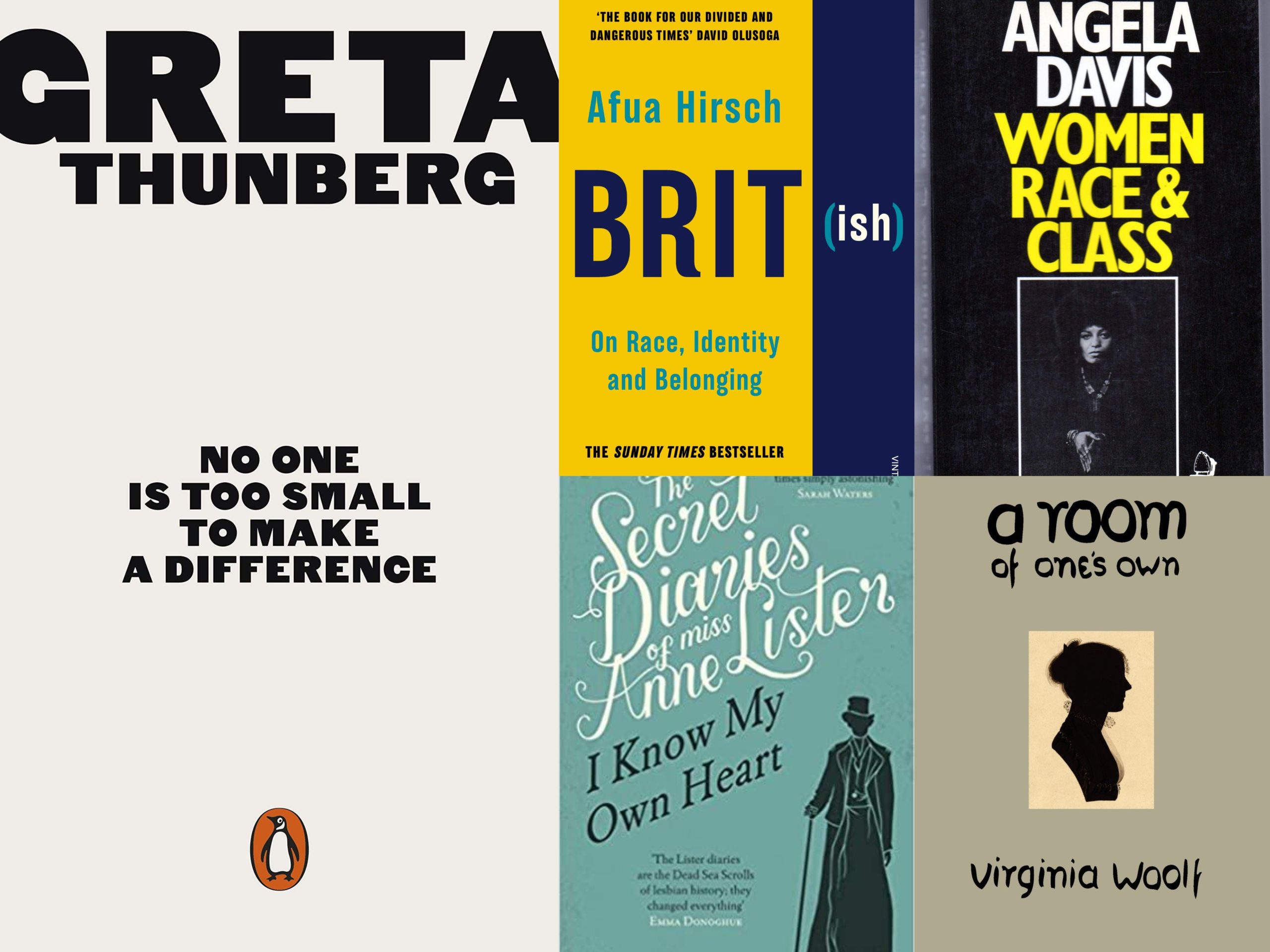Non-Fiction is not everybody’s favourite. Particularly during term-time, when so much of your reading is dedicated to dense, academic texts, reading a book for pleasure can be the last thing we want to do. When we do decide to read for pleasure, it is often fiction’s escapism that seems more appealing.
However, non-fiction books are arguably some of the most important for us to read. Non-Fiction can expose us to real, factual conditions, and can be filled with just as much sensitivity and nuance as their fictional counterparts. What’s more, good ones can be enjoyable, accessible and genuinely inspiring.
In the current political climate, it is more significant than ever that we engage with the messages and information we can glean from non-fiction. Often, as I hope this list will demonstrate, non-fiction can mobilise us and inform us about matter often overlooked.
Women, Race and Class – Angela Davis (1981)

Angela Davis is, simply put, one of the coolest people ever. Women, Race and Class, informs us of the intersection between gender, race and class and how it has historically functioned. Some of the most important segments of this book explore the birth of what we would now call “white feminism”, and how this movement systematically excluded women of colour. Davis traces many of the problems and products of white feminism up to recent history, whilst championing many incredible black feminists along the way. Other illuminating sections of this book explore issues such as the gendering of war crimes, and the painful history of birth control in America.
Brit (ish) – Afua Hirsch (2018)

Brit(ish) is a semi-autobiographical book by journalist Afua Hirsch which explores the role of race and identity in modern Britain. The book is organised into eight sections – with headings such as “Bodies” and “Class” – which Hirsch uses to examine the different facets of how race has been coded in the UK. Some of the significant issues Hirsch addresses involve the myth of colour-blindness and the UK’s child adoption policies. I found Brit(ish) very compelling; Hirsch drives the text using personal stories and interviews, as well as meticulous research.
The Secret Diaries of Miss Anne Lister – Ann Lister (2010)

Having recently been the basis for BBC drama Gentleman Jack, The Secret Diaries of Anne Lister originates from the four million word diaries of Anne Lister, 19th Century Landowner and Lesbian. Lister, known as “Gentleman Jack” by locals for the typically masculine clothes she wore and forthright political views, was also fiercely intelligent – up to a sixth of her diaries were written in a code it took historians ages to crack. Lister’s diaries generate important historical representation for LGBTQ+ people, and illustrate the powerful spaces lesbian women could inhabit.
No One Is Too Small To Make A Difference – Greta Thunberg (2018)

Containing eleven speeches by the now 17-year-old Greta Thunberg, No One is Too Small To Make A Difference brings urgency to the climate crisis. Greta Thunberg is one of the faces of the climate movement for a reason; her analogies hold potency often in their simplicity and her words are also the antagonistic, devastating imagery many adults and world leaders are too afraid to use. Thunberg’s message that we can’t afford to waste any time any longer is true and powerful.
Home is Always Worth it – Mary Heglar (2019, Medium)

Mary Heglar’s short online essay Home is Always Worth It mirrors similar sentiments to Thunberg. Heglar acknowledges the gate-keeping of voices within the climate community (a predominantly white, straight male community) and the problems with soft and nuanced language many choose when addressing the crisis. Heglar coins the term climate “de-nihilists”, referring to those that think “we’re doomed anyway, let’s not act with urgency” and drives the powerful notion that home is always worth it.
A Room of One’s Own – Virginia Woolf (1929)

Classified more as an “extended essay”, Virginia Woolf’s polemical A Room of One’s Own, explores the idea of “women and fiction”. Whilst Woolf uses elements of fiction throughout this essay, they are intentionally placed to drive the “non-fiction” issues at the core of this text. Woolf never does come to any conclusion as to what “women and fiction” really means. She does, however, guide us on a highly enjoyable examination of female selfhood and the financial and material prerequisites women need in order to be able to “create”. It is interesting to consider how far we still have to go to address these issues, tackled almost 100 years ago.

